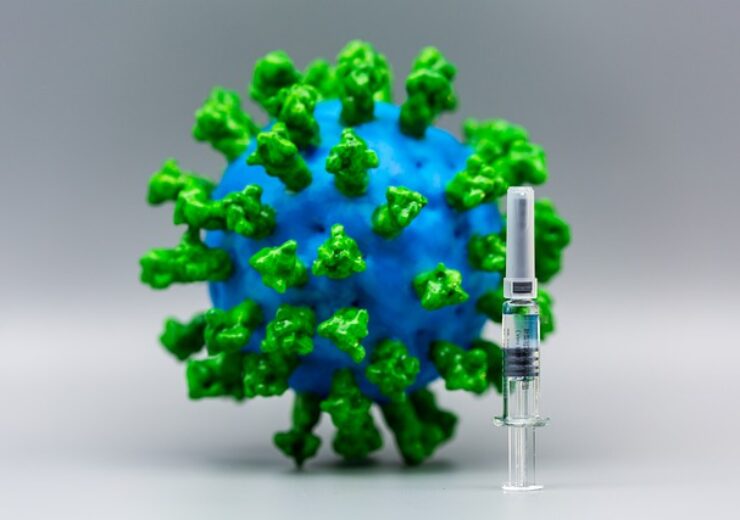Israel’s Ministry of Health has secured six million doses of the Moderna Covid-19 vaccine, with initial supply expected in this month

Israel’s MoH authorises Moderna Covid-19 vaccine. (Credit: pearson0612 from Pixabay.)
US-based biotechnology firm Moderna has received the regulatory authorisation from Israel’s Ministry of Health (MOH) for use of its mRNA-based Covid-19 vaccine in Israel.
Israel becomes the third nation to authorise Moderna Covid-19 vaccine, following the US FDA authorisation granted on 18 December 2020, and Health Canada authorisation on 23 December 2020, both for emergency use in people aged 18 years and older.
The company said that its vaccine is currently being reviewed in the European Union, Singapore, Switzerland and the UK, for additional authorisations.
Moderna chief executive officer Stéphane Bancel said: “Today’s authorisation is a landmark moment in our company’s history and in the global fight against Covid-19. This is the third regulatory authorisation for the Covid-19 Vaccine Moderna and its first outside of North America.
“I want to thank the Ministry of Health of Israel for their efforts, as their team have worked tirelessly alongside ours to ensure a timely authorisation of this vaccine. We hope to continue to see authorizations in additional markets in the coming days, weeks and months.”
Moderna Covid-19 Vaccine is an mRNA-based vaccine developed to work against the Covid-19 encoding for a prefusion stabilised form of the Spike (S) protein.
The vaccine was co-developed by Moderna and investigators from the National Institute of Allergy and Infectious Diseases’ (NIAID) Vaccine Research Centre.
MOH authorisation is based on a rolling submission of data and on the totality of scientific evidence, including data analysis from the Phase 3 clinical study, said the company.
Moderna has completed the first clinical batch in February 2020 and started the NIAID-led Phase 1 study of the vaccine in March 2020.
Results from the interim analysis of the NIH-backed Phase 1 study and primary efficacy analysis of the Phase 3 study showed that the vaccine induced high levels of neutralising antibodies, after 119 days from the first vaccination.
